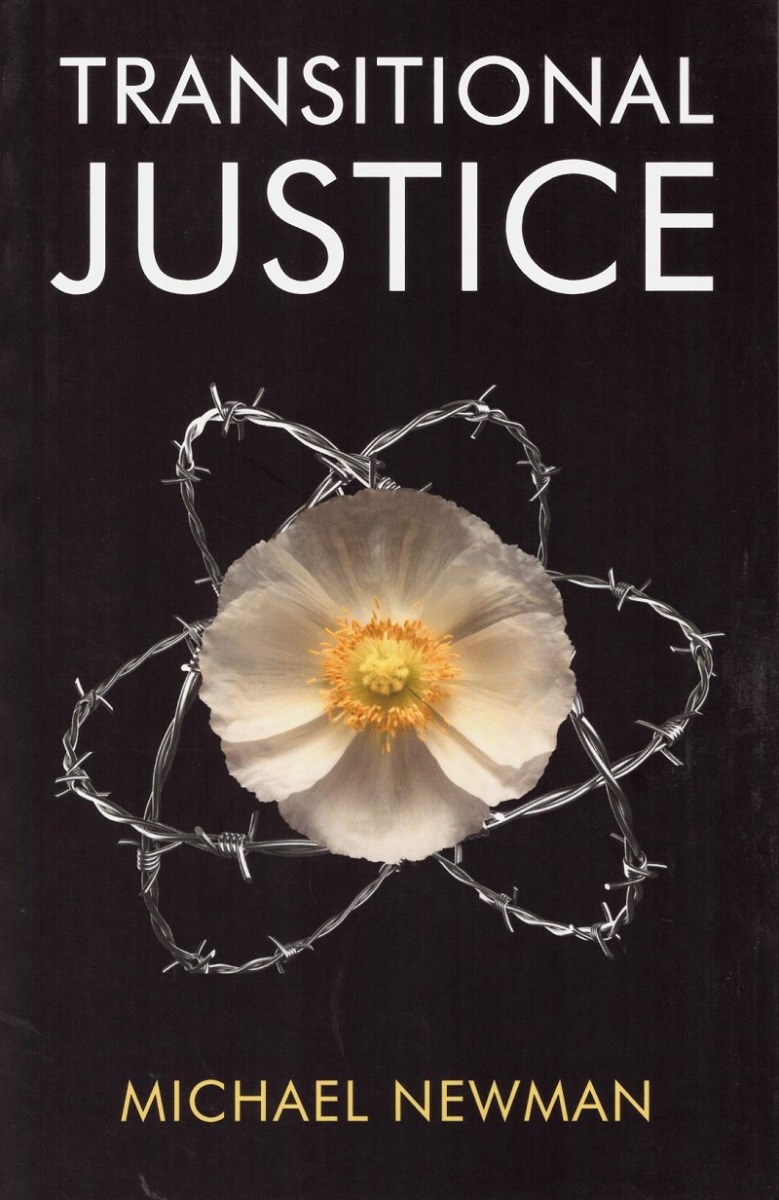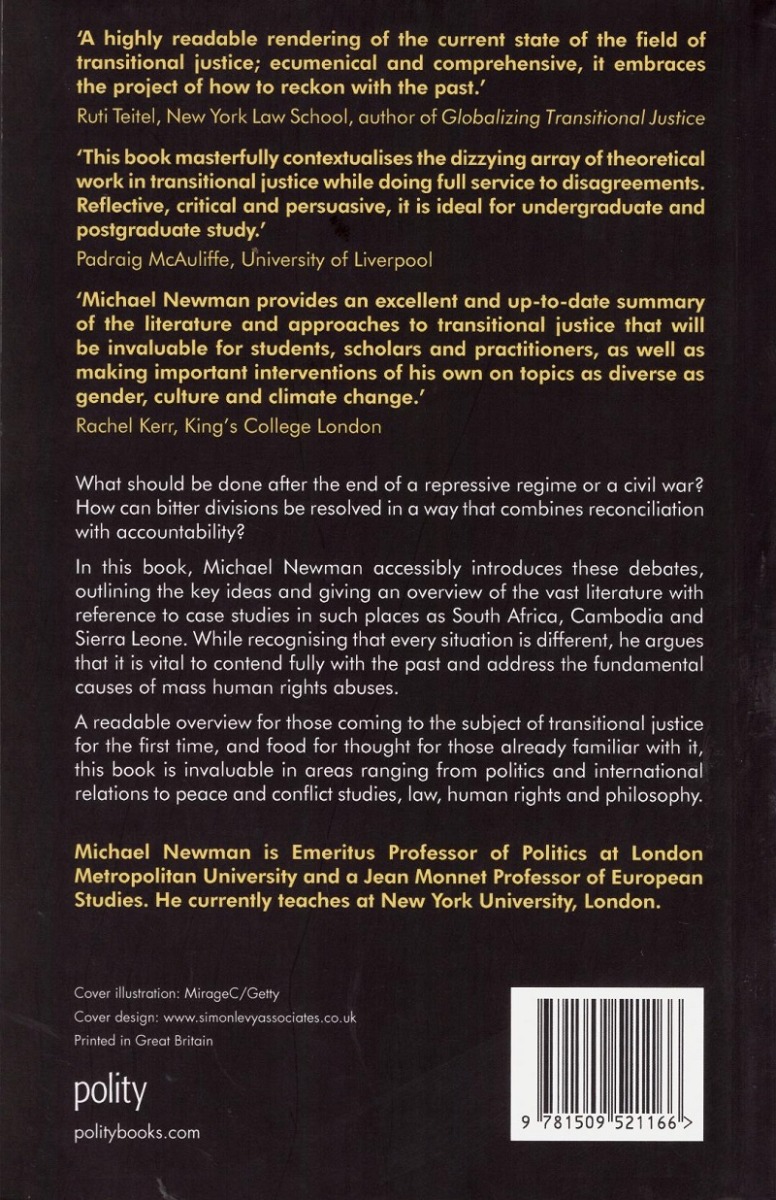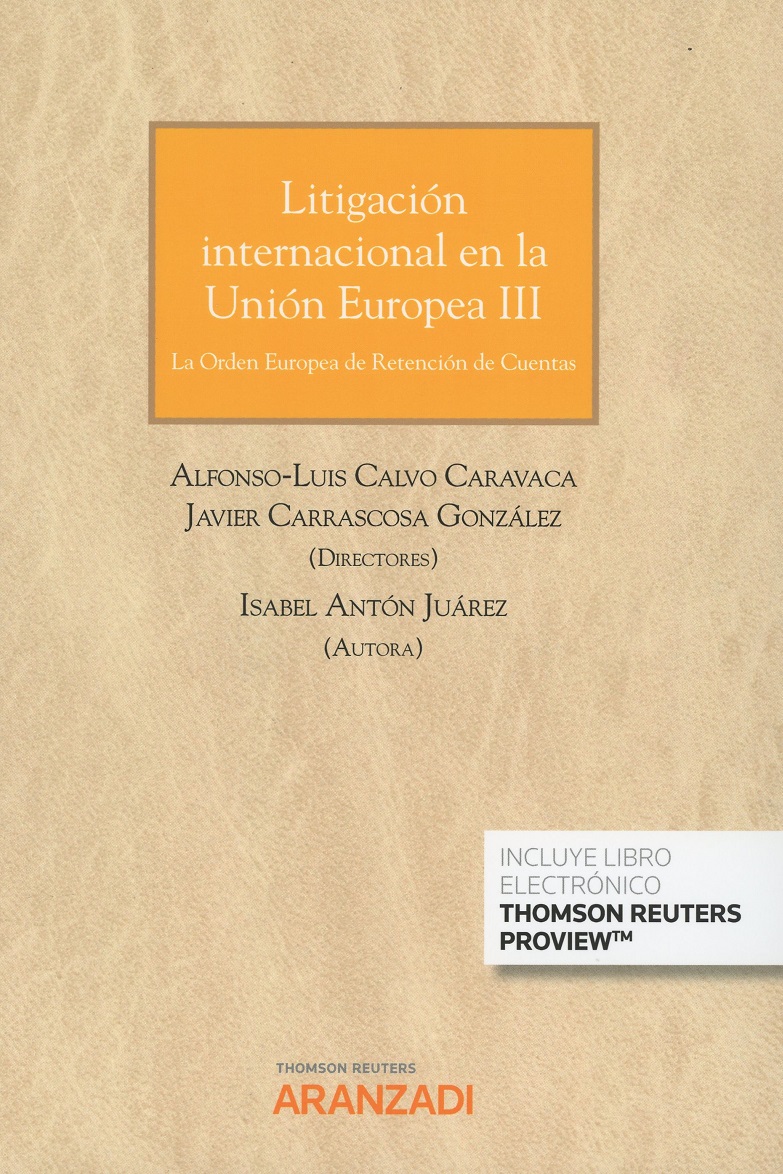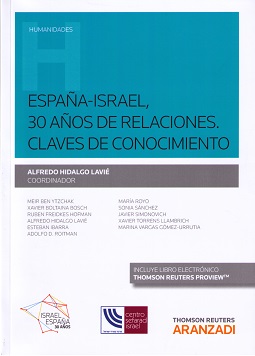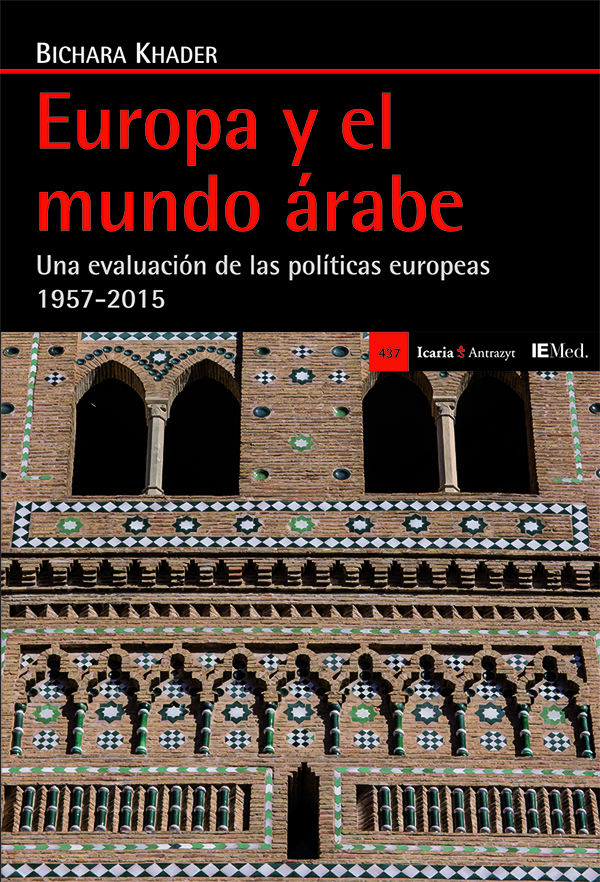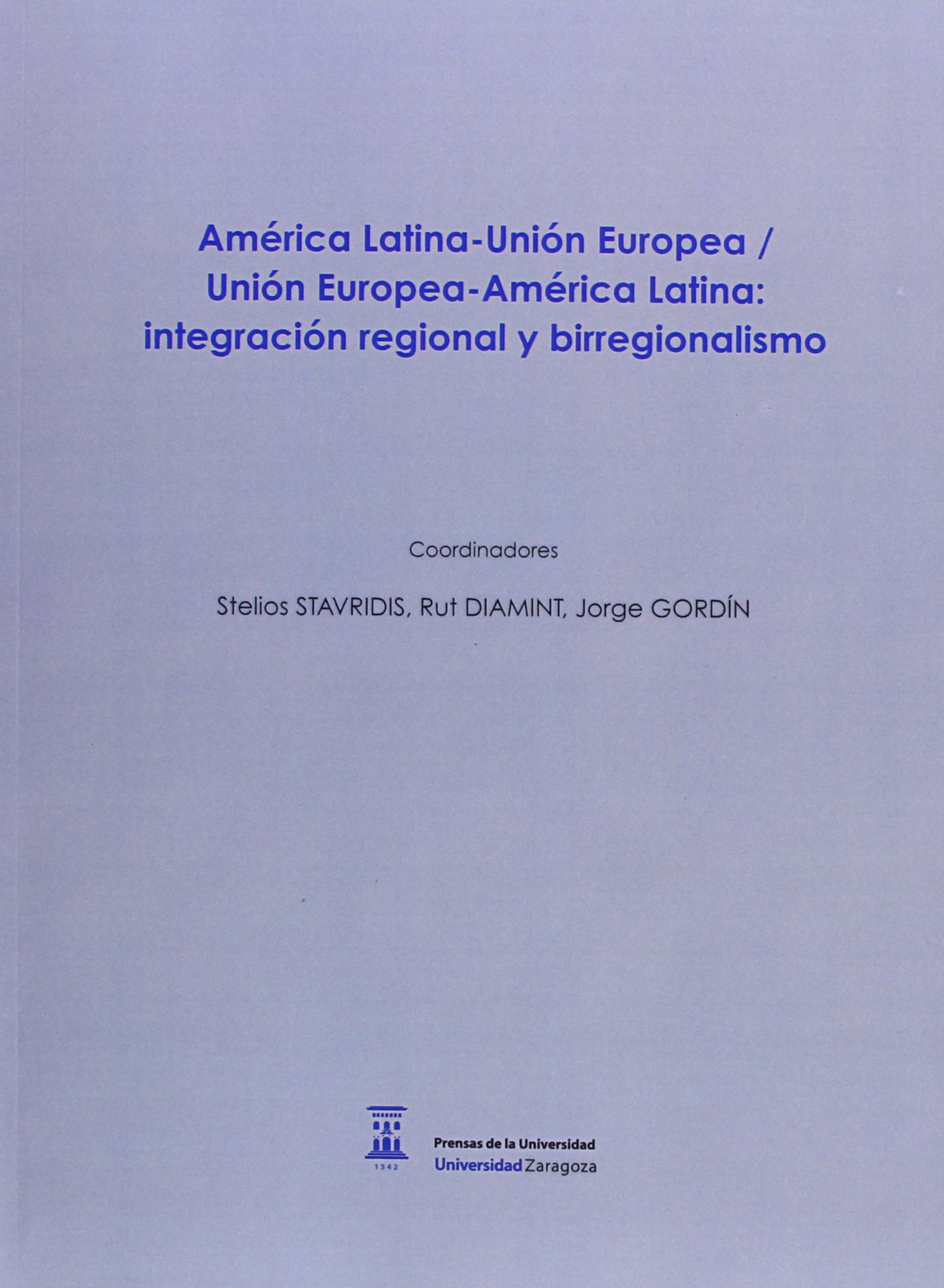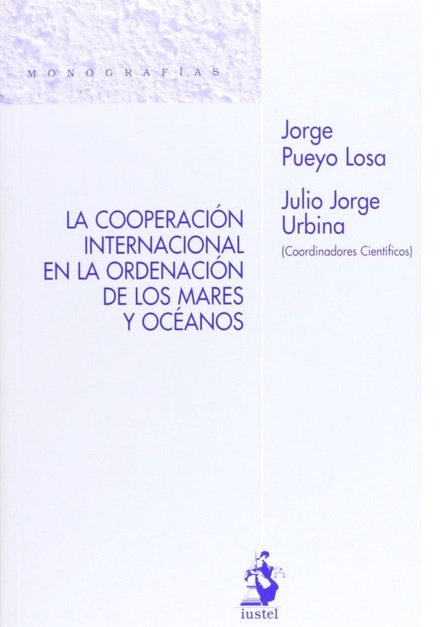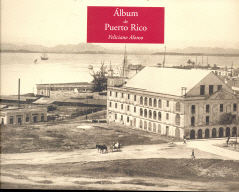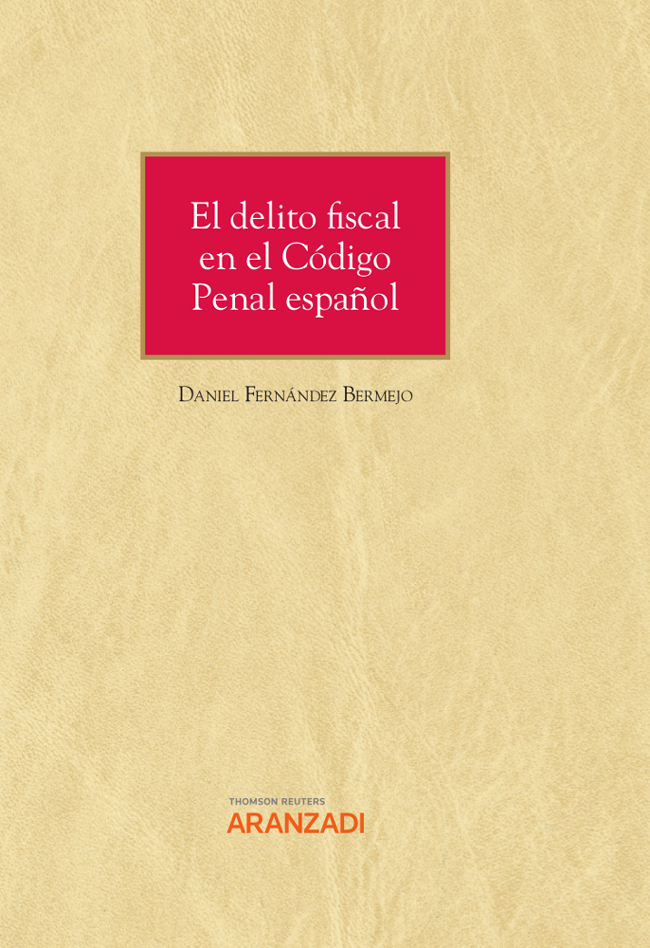What should be done after the end of a repressive regime or a civil war? How can bitter divisions be resolved in a way that combines reconciliation with accountability? These are central questions in transitional justice.
In this book, Michael Newman concisely and accessibly introduces these debates, outlining the key ideas and giving an overview of the vast literature by reference to a range of examples and case studies, such as South Africa, Cambodia and Sierra Leone. Newman also develops his own perspective, arguing that is vital to fully contend with the past and address the fundamental causes of mass human rights abuses, while recognising that every situation is different. The aim is to encourage the reader to question existing practices and assumptions.
Newman provides an informative and readable overview for those coming to thesubject of transitional justice for the first time, and food for thought for those alreadyfamiliar with it. It will be an invaluable contribution for students, scholars andpractitioners of transitional justice in areas ranging from politics and international relations to peace and conflict studies, law, human rights and philosophy.

